Posted in Uncategorized
Artificial intelligence has been moving fast, but it just hit a major legal roadblock. Earlier this month, Anthropic, the company behind the Claude chatbot, agreed to pay a massive settlement to resolve a lawsuit brought by authors and publishers. The core issues? The company used pirated books to train its AI systems. This case is one of the first of its kind, and it highlights an important truth: how data is collected matters just as much as how it is used. If you have questions about how this pertains to you and your words, or other copyright or trademark issues, our Michigan copyright filing lawyer is available to talk.
Why The Settlement Matters
For years, AI companies have argued that training their models on books, articles, and other creative works should be considered fair use. But there is a big difference between relying on materials you have rights to and materials that were illegally obtained. By training on pirated books, Anthropic crossed a line.
The outcome sends a clear message: intellectual property rights cannot be ignored in the name of technological progress. Companies that cut corners now face enormous financial and reputational risks.
Key Details
The settlement amount is staggering at around $1.5 billion, making it one of the largest copyright payouts in U.S. history. Authors whose books were used without permission are set to receive thousands of dollars each, and Anthropic must also destroy the unauthorized copies it had stored.
While the agreement still needs final court approval, it shows how serious the consequences can be when companies fail to respect copyright law. If the deal falls through, Anthropic could face even bigger damages in a trial, potentially threatening its survival.
What This Means For The Industry
This case will likely reshape how AI developers handle copyrighted works. Going forward, companies will need to:
- Vet their data sources carefully. Pirated or unlicensed content is simply too risky.
- Invest in proper licensing agreements. Publishers and authors will expect to be compensated fairly.
- Develop compliance policies. AI teams should have clear guidelines on how training data is collected and used.
- Prepare for more lawsuits. Other tech firms face similar claims, and this settlement may encourage more authors to step forward.
In short, this is not just a single case-it’s a warning shot to the entire industry. Intellectual property law is catching up to AI, and the financial penalties for ignoring it are now impossible to overlook.
Lessons For Innovators And Rights Holders
For innovators, the lesson is simple: build responsibly. Data must be clean, licensed, and defensible in court. For rights holders, the case demonstrates that enforcement works and that creators can be compensated when their work is misused.
At The Patent Baron PLLC, we see this as a turning point. As AI continues to evolve, so too must the strategies around intellectual property. Staying proactive, compliant, and informed will be the best way forward.
Disclaimer: This article is provided for informational purposes only and does not constitute legal advice. For guidance on specific situations, please consult a qualified attorney.
Source: New York Times – “Anthropic Reaches $1.5 Billion Settlement in Copyright Case”


